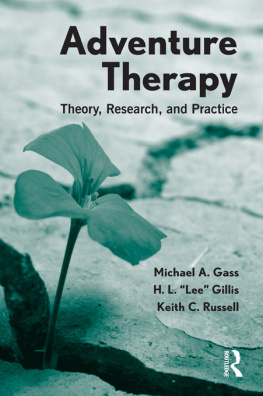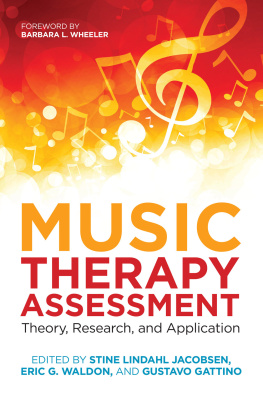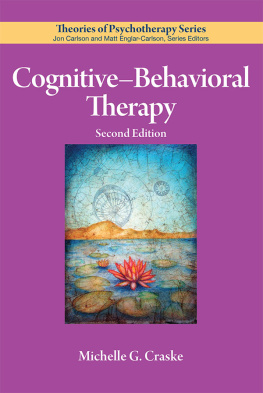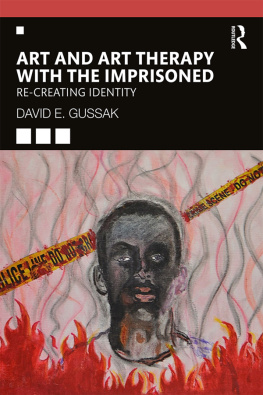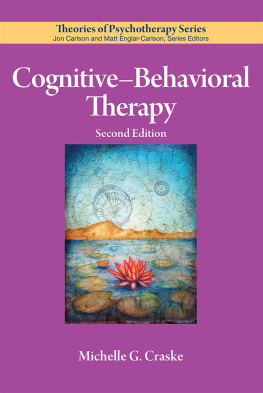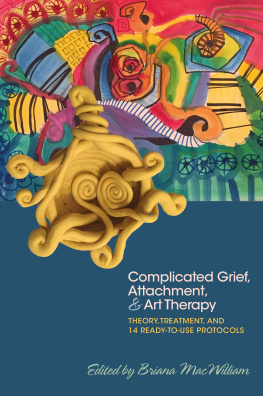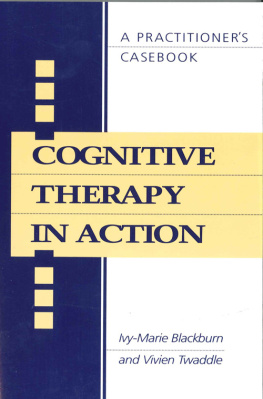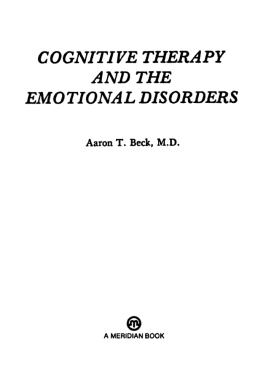Michael A. Gass
H. L. Lee Gillis
Keith C. Russell
Routledge
Taylor & Francis Group
711 Third Avenue
New York, NY 10017 | Routledge
Taylor & Francis Group
27 Church Road
Hove, East Sussex BN3 2FA |
2012 by Taylor & Francis Group, LLC
Routledge is an imprint of Taylor & Francis Group, an Informa business
Printed in the United States of America on acid-free paper
Version Date: 20111216
International Standard Book Number: 978-0-415-89289-6 (Hardback) 978-0-415-89290-2 (Paperback)
For permission to photocopy or use material electronically from this work, please access www.copyright.com (http://www.copyright.com/) or contact the Copyright Clearance Center, Inc. (CCC), 222 Rosewood Drive, Danvers, MA 01923, 978-750-8400. CCC is a not-for-profit organization that provides licenses and registration for a variety of users. For organizations that have been granted a photocopy license by the CCC, a separate system of payment has been arranged.
Trademark Notice: Product or corporate names may be trademarks or registered trademarks, and are used only for identification and explanation without intent to infringe.
Library of Congress Cataloging-in-Publication Data
Gass, Michael A.
Adventure therapy : theory, research, and practice / by Michael Gass, H. L. Lee
Gillis, Keith C. Russell. 1st ed.
p. cm.
Includes bibliographical references and index.
ISBN 9780415892896 (hardback : alk. paper) ISBN 9780415892902
(pbk. : alk. paper)
1. Adventure therapy. I. Gillis, H. L. Lee. II. Russell, Keith C. III. Title.
RC489.A38G374 2012
616.89165dc23
2011033323
Visit the Taylor & Francis Web site at
http://www.taylorandfrancis.com
and the Routledge Web site at
http://www.routledgementalhealth.com
Names with metaphorical connections are often given to
individuals for attributes they possess or societal roles it
is hoped they will fill. Such an action is not a dictatorial
mandate, but a gift given with the hope and support that the
individual can achieve this objective in a manner that best
suits her and the needs of a particular culture and society.
In an article in Science (1977), amaranth was described as
the crop of the future. In many cultures in the Americas, the
grain amaranth not only represented the actual staple in the
diet of these civilizations, but also served as an interpretive
symbol of being nurtured by growth and strength. Any item,
concept, or person with the name amaranth represented
the idea of holding a critical nurturing role in society.
Serving as a nurturing food source for the Incas, Aztecs,
Mayans, and other cultures, amaryth holds modern
significance as an entity that is highly productive, tolerant
in difficult environments, contains large amounts of strength
building elements, and requires small amounts of support
to grow rapidly. Adding honey or chocolate to amaryth
makes a treat called alegra, meaning joy in Spanish.
Contents
|
|
CHAPTER 1 |
Introduction |
Mark Ames |
CHAPTER 2 |
A History of Adventure Therapy
Will White |
|
Jenn Jevertson |
CHAPTER 3 |
A Psychotherapeutic Foundation for Adventure Therapy |
|
Lorri Hanna |
CHAPTER 4 |
Foundations of Adventure Therapy |
|
Kim Wasserburger |
CHAPTER 5 |
Natures Role in Adventure Therapy |
|
Sean Hoyer |
CHAPTER 6 |
Adventure Therapy Models |
|
Bobbi Beale |
| CHAPTER 7 |
Assessment in Adventure Therapy |
|
Tiffany Wynn |
CHAPTER 8 |
Practicing Adventure Therapy |
|
Maurie Lung |
CHAPTER 9 |
Risk Management of Adventure Therapy Programs |
|
Gary Stauffer |
CHAPTER 10 |
Adventure Therapy Competencies |
|
Antonio G. Alvarez |
CHAPTER 11 |
Supervision in Adventure Therapy |
|
Christine Lynn Norton |
CHAPTER 12 |
Adventure Therapy Ethics |
|
Kim Stacksteder |
CHAPTER 13 |
Research and Evaluation of Adventure Therapy |
|
Rachel Wood |
CHAPTER 14 |
The Future of Adventure Therapy |
|
Nicole Lovato
|
| Appendix C: Adventure Therapy Ethics |
|
Foreword
I went to my first Association for Experiential Education (AEE) conference in 1995, in Lake Geneva, Wisconsin. I had just received a score and written feedback on a grant application I had submitted with my colleague, Kathy Konrad, where we proposed to use outdoor adventure as a method to diffuse binge drinking in college fraternities and sororities. Our application did not score high enough to be considered for funding, so we set out to address the concerns of the reviewers, with the goal of resubmitting. A main criticism of the application was that, beyond a loose anthropological explanation linked to rites of passage, we did not provide a well-developed theory about how outdoor adventure might actually change the drinking behavior of college students; another concern was that we needed to clearly articulate the operational processes necessary to standardize and establish the quality implementation of outdoor adventure experience across groups of participants. Kathy figured that, given we were going to the AEE conference anyway, we should just go ahead and talk directly with the outdoor adventure researchers we had referenced extensively in our proposal, to figure out how to address the reviewers feedback. I thought it was a great idea myself, until we actually got to the conference and had to go up and introduce ourselves to those folks who wrote so eloquently on the topic and did the best research in the field. I was quite intimidated and scared by this adventurea sort of rite of passage!
Much to my surprise, the adventure researchers, Mike Gass and H.L. Lee Gillis, were extremely approachable (I didnt meet Keith at this conferencehe was too young at the time to be an established researcher). In addition to being approachable, they were also both completely willing to question the effectiveness and universal application of adventure approaches for different groups of peoplein the same way the reviewers of my grant application were. As I have followed Mike and Lees work and have gotten to know the work of their colleague, Keith, I have found that all three are able to reconcile their personal passion for adventure approaches with their curiosity about how adventure works, when it works, and for whom. Their book represents the state-of-the-art for building an evidence-informed approach to what works in adventure therapy, an approach that translates across theory, practice, and research.

